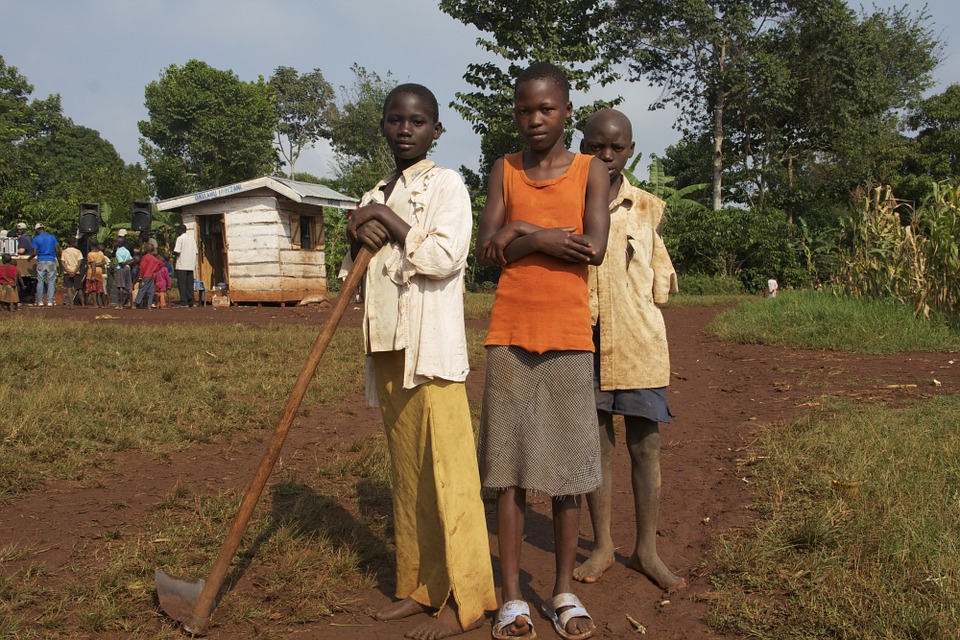News
African Union and EU Copernicus Programme sign agreement to benefit smallholder farmers
21 August 2018

The African Union has signed a deal with the European Commission’s Copernicus Programme to provide access to an unprecedented amount of satellite data. The Copernicus programme is the world’s third largest data provider.
Access to reliable data will be vastly beneficial for Africa’s agricultural sector as it can guide agricultural decisions such as food production, movement along the food chain and storage. Across the world satellite data is being sed to understand how shifting weather patterns effects crops and soil.
Copernicus offers data such as: digital imagery of vegetation, soil and water over, sea and land temperature and weather patterns.
The data will benefit small holder farmers who will receive improved advice on agricultural practices and pest control. Across Africa there are 500 million small holder farmers who produce around 80% of the continent’s food.
As smallholder farmers depend on rain fed agriculture they are particularly vulnerable to climate change and often cannot access climate smart innovations such as drip irrigation. The satellite data from Copernicus will be critical to these farmers to share knowledge on advance crop planting season. From the data small holder farmers can understand the predicted weather patterns and adapt their crops accordingly.
The data will also strengthen pest monitoring and control efforts; the Centre for Agriculture and Bioscience International estimates that 50% of the continent’s crops are lost to pests and disease each year. This figure is expected to increase with climate change.
Access to satellite data can help build images of potential pests, which could be used to build articial intelligence and create geographically relevant alerts. By sharing this information with farmers and stakeholders such as governments and NGOs they will be better prepared for the arrival of pests and crop failure can be reduced.
Interested in climate smart agriculture? Earlier this year AIDF held its CSA Summit in Nairobi, you can view full footage of the summit here.
If you’d like to stay informed on the latest updates in aid and development, please sign up for the AIDF newsletter.